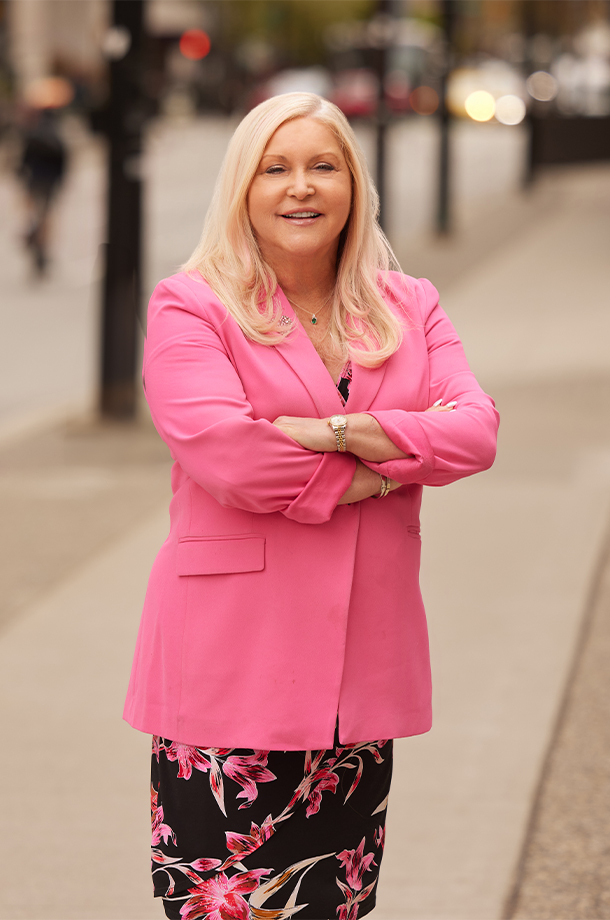
With the start of school around the corner and the plans from the government still in-flux, parents are struggling with whether to send their children back to school or not. There have been few cases decided in this matter so far, and none in British Columbia. The case law coming out of Ontario and Quebec is inconsistent and providing only further pause for debate. To date Courts in Canada have said the following:
Quebec
C.B. v. N.T. 2020 QCCS 1547, dated May 7, 2020 (“C.B.”) – L’Honorable Claudia P. Prémont, J.C.S., declined to order the children’s return to school as a family member in the same home suffered from an auto-immune disease making them high-risk to contract the Corona virus.
M.D. v. MA. C. 2020 QCCS 1462, dated May 7, 2020 (“M.D.”) – L’Honorable Claude Villeneuve, J.C.S., ordered the two children (ages 9 and 11) return to school finding that it is not for the Courts, but rather government authorities to determine the potential risks of contamination of the population in a pandemic and limit the exposure. There is no need for the Court to question this decision, unless one or the other of the parties demonstrates, by a preponderance of evidence, that it would be contrary to the particular interests of their children to resume attending school, for example because of their health condition.
M.D. also specifically addresses the right of the child to receive an education and attend school; pointing out that although the return to school is not “mandatory” it does not take away the rights of children to receive education services. The court also found this may be especially important for subjects where the child may be struggling or has a need to socialize more.
Ontario
Wilson v. Wilson (unreported – dated August 24, 2020) – The mother asked for the children, who are in grade 1 and 3, to continue online learning rather than return to in person school in September. In favour of her position she argued that the children excelled in online learning, including receiving awards. She also argued that one of the children has asthma and therefore was at greater risk if exposed. The Court found that there was insufficient evidence to establish that in-person schooling would be safe enough for the children, especially in light of the one child’s medical condition. Specifically citing the “Sick Kids” report put forward by the Ontario government, Justice Boucher questioned whether these recommendations followed that of expert evidence regarding COVID-19 and whether the appropriate safeguards would be in place. In making an order that the children be temporarily enrolled in online classes, the Court cited that online schooling provides better physical safety for the children. The Order did allow for the parents to agree to move the children to in person schooling should it be deemed to be in their best interests.
Chase v. Chase, 2020 ONSC 5083, dated August 25, 2020 (“Chase”) – The mother brought an urgent application to determine whether the parties’ 9 year old child should return to school in September or be homeschooled. The parties had an equal shared parenting regime based on a 2-2-5-5 rotating schedule. They also share joint custody. In finding that the child would return to school and a child-focused approach is appropriate, the Court cited:
- the Ontario government is the correct body to determine whether it is safe for children to return to school; and
- Neither party had anyone in their home with an underlying health condition or who would be at risk of harm if the child returned to school.
The case law from Ontario and Quebec suggests the courts will rely upon the government’s decision that it is safe to re-open schools in deciding that children should attend in person schooling, unless the child or a close family member is immune compromised and is at higher risk of contracting Covid-19.
British Columbia
There appears to be a reluctance for Courts to intervene in decisions regarding a child’s education during a pandemic, where the government has decided it is safe for children to return to school. In B.C.’s Back to School Plan (the “Plan”), the provincial government references new safety measures put in place to keep children safe, including wearing a mask, practicing physical distancing and controlling traffic flow. For students with Complex Medical Conditions, the Plan recommends the following:
Students with Complex Medical Conditions
Parents of students who are immune-compromised or have underlying medical conditions are encouraged to consult with their health care provider to determine their level of risk regarding return to school.
If a medical professional determines that a student cannot attend school due to their health risks, the school district will work with the family to review alternative learning options for the student.
- Students who need to stay at home because they are immune-compromised will have an at-home learning plan and will be provided with an educational program by their school district.
- This may include providing assistive technologies to help students learn remotely.
BC Government officials seem to defer to the child’s medical professionals to advise if it is safe to return to school or not. Before bringing an application regarding your child’s return to school, you may want your first stop to be their doctor’s office for the prognosis, diagnosis and any suggestions that may relate to the child’s overall safety and best interests in this pandemic environment.
Other matters which may need to be considered in the weighing of the child’s best interests is a children’s rights perspective, it begs the question as to where the child’s views will be considered in making an order regarding schooling. Should a child have a say as to whether or not they can and want to attend school and if they have a voice – what weight is placed on it. Certainly, until they are 16 years old their weight is tempered by that of their parents. At age 16 however, they can make their own decision, should they so choose. These issues has not yet been addressed in the recent case law.
So What Does This Mean for the BC Parent?
Whether to return your child to school or not is an important family decision that will be based on the needs and circumstances of your children and any risks associated to any family members residing in their home. A child’s best interest and their right to education and physical well-being must be put at the forefront of any decision. Ultimately the words of Himel J. in Chase should likely be considered by all parties considering litigating the return to school issue:
“[24] A better approach is to engage in mediation with a professional or third-party trusted family member or friend. I note some of the creative ways to resolve the school attendance dispute:
(1) Enrol the child at the commencement of the school year, and review the plan at Thanksgiving, following an outbreak at the school, or at the first opportunity provided by the school board to re-consider the choice;
(2) Delay in-person school attendance and review the decision when specific criteria are met;
(3) Create a small pod of children who can learn remotely together with the assistance of a parent(s) and/or tutor; or,
(4) Explore whether the child may attend school in-person during the morning, (leaving before lunch) and participate remotely in the afternoon. “
and
“[28] I note that in this case (and in all others currently before the Court) the Mother and Father have delegated the authority to make the decision respecting their child’s in-person versus online attendance at school to me, a judge who has never met the parents and who will likely never meet the child. I would encourage the parents to return to mediation as this is a process that empowers them to make these important decisions.”
Issues relating to a child’s return to school unfortunately do not stop with whether or not the child should attend in school learning, they also involve matters relating to child and spousal support or a variation to an existing parenting arrangement or court order. Parties will need to consider all aspects of their personal and professional lives when making this decision, can they work from home, will they have the resources to support at-home learning, will the family be financially impacted, will further child or spousal support be payable – this issue is multi-faceted and complex. If you and your spouse are unable to agree on your child’s schooling, you should seek legal advice regarding your individual circumstances.




